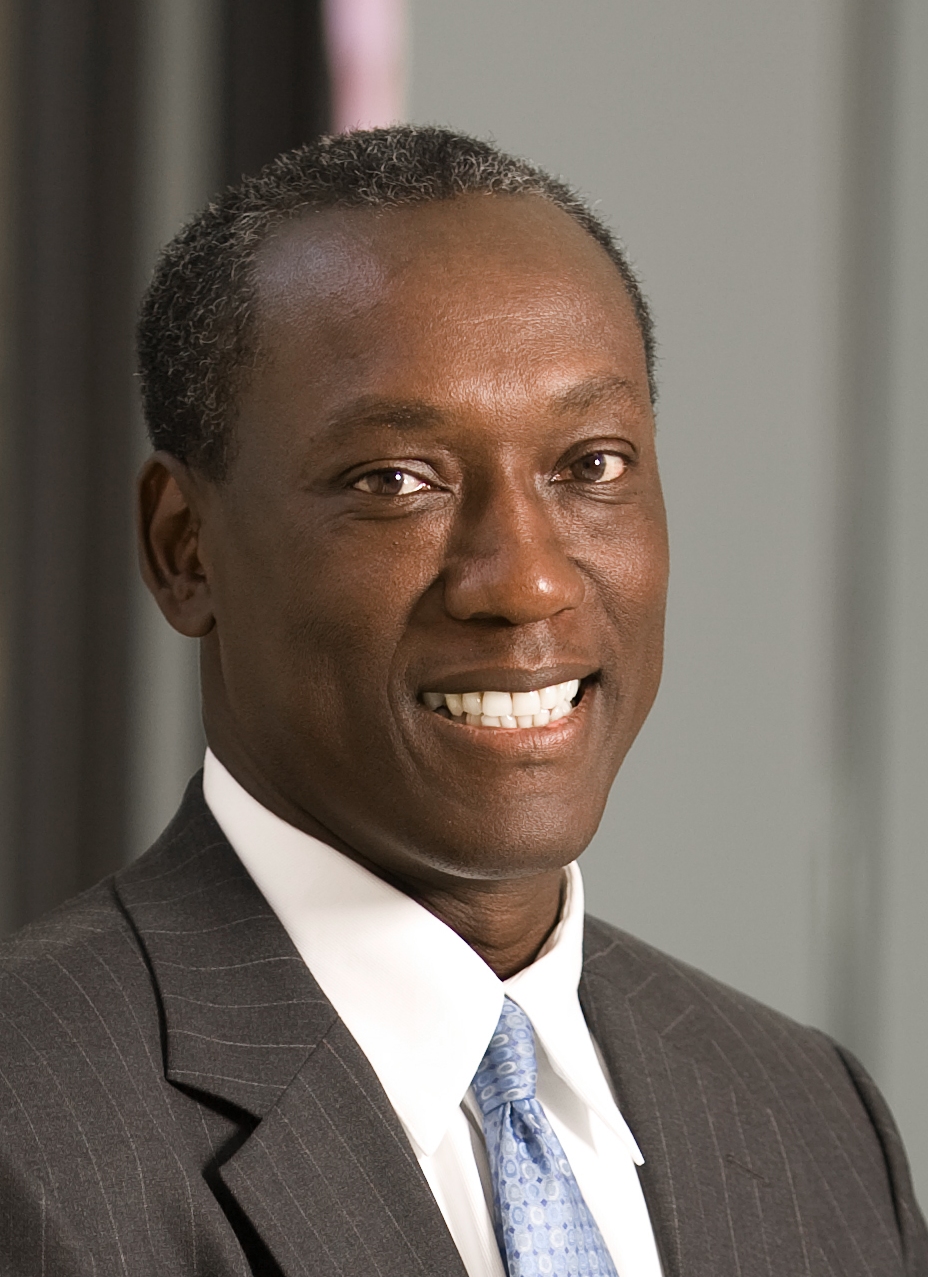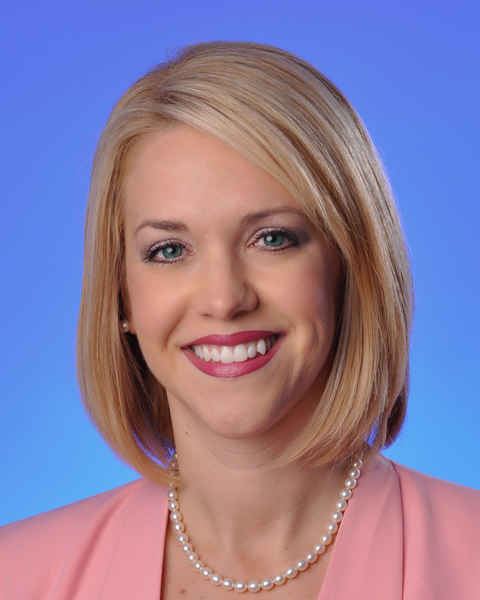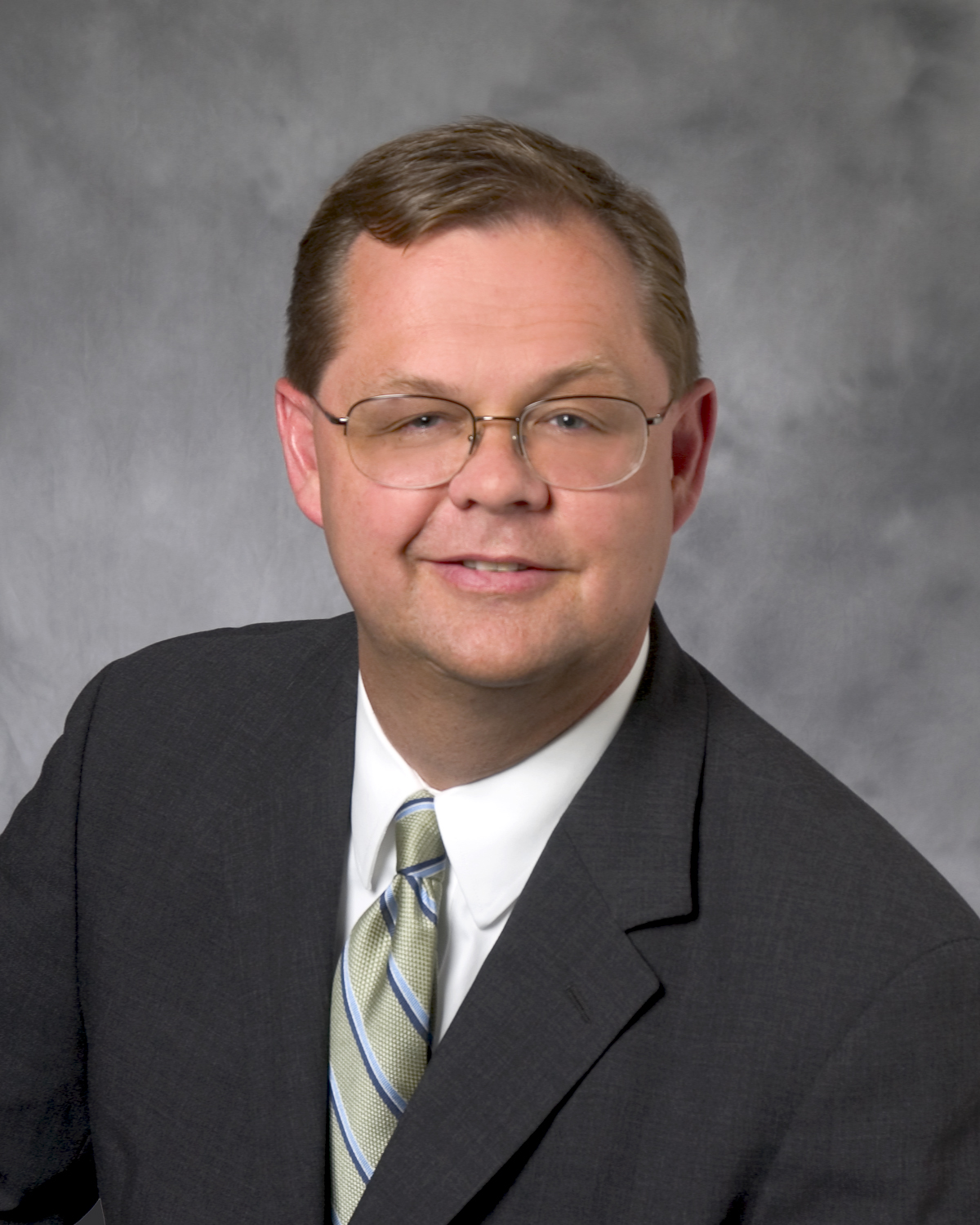Hospital and health system CFOs have a lot on their plates between managing revenue cycle, supply chain and budgets, to name a few.
Changes in healthcare delivery and shifts in how physicians and executives are compensated have kept CFOs busier than ever.
Three CFOs — Derrick Hollings of Eastern Maine Healthcare Systems in Bangor, Autumn McFann of King's Daughters Health System in Ashland, Ky., and Dean Swindle of Catholic Health Initiatives in Denver — weighed in on compensation issues, changing priorities and concerns for 2015.
Note: The following excerpts were edited for clarity.
Question: Increasingly, physician pay and incentives are being tied to performance and various quality metrics. Would you say compensation for executives (CFOs specifically) is in any way performance-based?
Derrick Hollings: The CFO compensation at Eastern Maine Healthcare Systems has been performance-based for at least 20 years. Our incentive plan is designed around six system-wide pillars, plus personal performance. These pillars are people, quality, service, finance, growth and community. CFO compensation is based on overall achievement of goals under each pillar.

Dean Swindle: I think part of annual compensation should be based on performance, with a focus on such metrics  as quality, patient satisfaction and employee satisfaction, and operational and financial outcomes, among other measures. Virtually every health system operates that way. As healthcare executives, we should be able to share in our successes, and we all should be prepared to make sacrifices if we fall short of these performance metrics. At CHI, our total compensation program for executives, including the CFO, is based on a success-sharing model of these balanced, performance-based incentives.
as quality, patient satisfaction and employee satisfaction, and operational and financial outcomes, among other measures. Virtually every health system operates that way. As healthcare executives, we should be able to share in our successes, and we all should be prepared to make sacrifices if we fall short of these performance metrics. At CHI, our total compensation program for executives, including the CFO, is based on a success-sharing model of these balanced, performance-based incentives.
Q: What do you see as the number one problem or need for change in terms of how people in healthcare, both administrators and physicians, are paid?
D.H.: I do not believe there should be a single compensation model used in healthcare. Compensation should be based on your role and responsibilities. In order to continue attracting the best and brightest talent available, we have to pay competitive salaries and benefits packages.
A.M.: The delivery of healthcare is one of the most complex systems out there. Every patient is unique with a medical, personal and emotional side that must be addressed. Getting paid for that service has unfortunately become an "us vs. them" battle between providers and payers. In my opinion, the number one need for change in the healthcare industry as a whole is for a true focus on the patients. From the provider side, we are focusing on delivering high quality, consistent care while reducing cost. Payers are increasingly making it more difficult to get paid for the services provided, and that is negatively affecting hospitals' and physicians' reimbursement levels, which in turn negatively affects compensation.
D.S.: I think we can all acknowledge that healthcare is a very demanding, complex, heavily regulated industry that requires us to recruit, hire — and retain — top talent so we can continue to create and sustain healthy communities, which is the mission of CHI. And, in turn, individuals in the communities we serve deserve to have healthcare executives who can help ensure that they receive high-quality, cost-effective care. Especially in these ever-changing times, when the Patient Protection and Affordable Care Act is changing the fundamental way we deliver and pay for medical care, healthcare organizations simply cannot operate without strong, experienced leadership teams. The best healthcare executives — as well as physicians, clinicians and other staff — are valuable assets and need to be compensated appropriately.
Q: What is the most important thing you learned in 2014?
D.H.: We are having to make business decisions with a lot less information than in previous years. The healthcare delivery and reimbursement models are changing rapidly. There is significant uncertainty relative to where the industry is headed. What should we be doing to position our organization for success? This question was asked almost continuously throughout 2014.
A.M.: Never get comfortable. We've been through some very tough times over the last couple of years, and I've learned to take one challenge at a time while not getting too overwhelmed by the combination of challenges. Problems aren't created overnight and they aren't fixed overnight either, but we have a great team that is working tirelessly to improve our organization and prepare our health system for the future.
D.S.: I'm not sure I so much "learned it" as I had it reinforced in me that a system like CHI must continue to diversify, building on its rock-solid foundation to develop and nurture partnerships and collaborations with organizations that may possess certain expertise we don't necessarily possess. That's the only way to provide best-in-class service and excellence along every segment of the continuum of care. We can't build everything ourselves. Along with this lesson is the further necessity to continue to work on those relationships so we can be a true partner. We've accomplished that in areas such as physician practice management and revenue cycle, and we have enjoyed considerable success. We hope to continue that and expand our horizons in these areas.
Q: What has been the biggest change in your priorities this year?
D.H.: Internalizing the changes being made in our shared services and medical care delivery models. Infrastructures are being redesigned and redeployed. Safeguarding of assets has become a greater priority. With all of the organizational changes, it is very important to make certain the internal control structure remains intact. In addition, we are having to be much more selective in choosing where available resources are invested. Therefore, I am focused much more on returns on investments.
A.F.: I became CFO in early 2014, so I quickly shifted to a more global view of our financial priorities. It's definitely not been business as usual this year, so priorities have shifted to many things that we just didn't have to worry about or focus on as much in the past. It's been a great learning experience.
D.S.: We've spent much of this past year or so building out our markets, starting with the acquisition of St. Luke's Episcopal Health [in Houston] in June 2013. Since then, we've added 20 additional hospitals in Washington, Arkansas, North Dakota, Ohio and other parts of Texas. We've been very focused on strategic growth that builds scale and makes CHI an essential health system in the communities we serve. In fact, CHI has doubled in size over the last five years, from about $7.7 billion in revenue to almost $15.5 billion in 2015. This next year, it will be all about integrating those markets and continuing to improve performance across the enterprise. We'll also be focusing on clinically integrated markets across the enterprise, spanning a total of a dozen such markets.
Q: As CFO, what is your biggest concern going into 2015?
D.H.: I am most concerned with our ability to manage risk-bearing contracts. The infrastructure for managing these contracts is currently under construction. My other concern relates to our capability for systematically taking cost out of our delivery system.
A.M.: Patient care is always our biggest concern. Nothing else really matters if we don't get that right. Next to that, my biggest concern/focus is the execution of our financial turnaround plan while also preparing the organization for future payment models and the many reimbursement pressures that will continue to force us to reduce our cost structure.
D.S.: I know that everybody in the healthcare industry has heard the expression that many hospitals and health systems have one foot on the dock and one foot in the boat. That perfectly typifies where CHI is as a system. While this remains largely a fee-for-service industry, we — like many other health systems — are preparing for the transition to valued-based payment by making significant investments in capabilities and strategic initiatives such as clinically integrated networks, a rapidly growing physician network and health-insurance products.
This year, CHI will spend about $300 million building these new capabilities in areas such as information technology, care management, clinically integrated networks, physician integration and health insurance products. So, it really comes down to the delicate balance between these huge investments and the fact that we will still have a large amount of business from fee-for-service reimbursement in the coming years. That's a challenge and a balance that all health systems will have to deal with. I think we are well-positioned at this point to make that transition effectively. We view these costs as essential investments in the future.

